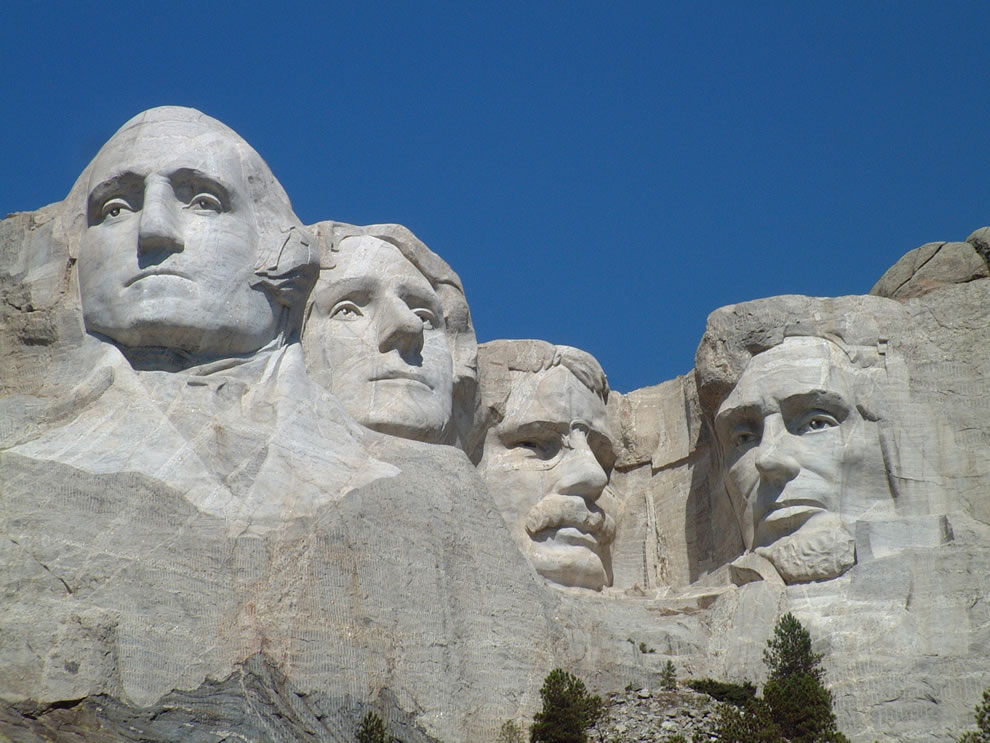A Matter of Legitimacy
Barack Obama had to be delegitimized. In the brawl over the last eight years, perhaps they succeeded on a level not intended. They did not, I think, manage to delegitimize President Obama. Rather, they fulfilled one of Ronald Reagan’s rhetorical dictums and managed to delegitimize the idea of governance.

